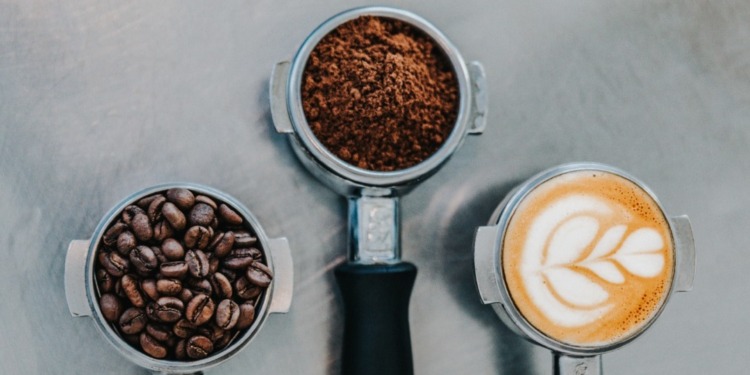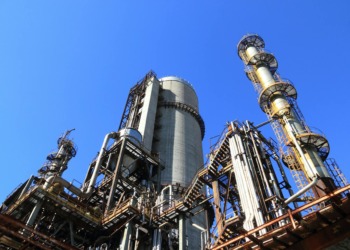Perhaps a lesser-known environmental issue, your morning coffee is likely contributing to climate change – in fact, the 2.25 billion cups of coffee drunk every day create 560,000 tonnes of coffee grounds waste, most of which ends up in landfills and releases CO2 and methane if improperly processed.
One startup came up with a way to solve this: removing the beans from coffee. Atomo coffee pioneered beanless coffee using alternative ingredients to produce a similar taste and caffeine level as coffee. Implementing beanless coffee quickly on a wide scale, however, would be near impossible.
That’s where EcoBean comes in. The Polish startup is working to promote sustainability in the coffee value chain by recycling used coffee grounds, before turning these grounds into home-wear, coffee-related products or other supplies.
Products, projects and partnerships
EcoBean’s product list includes biodegradable flower pots made half from used coffee grounds and half from biodegradable polymer, meaning they can be put in the ground with any plant and will biodegrade within six to 12 months.
The startup also produces eco straws made entirely from recycled used coffee beans and “lucky cups” – eco-friendly cups made from coffee waste whose profits go toward supporting small-scale coffee farmers in Ethiopia.
The startup’s efforts aren’t only focused on manufacturing goods out of recycled coffee grounds: EcoBean also holds many partnerships that aim to collect coffee grounds from other businesses, to prevent the grounds from heading to landfill.
Related articles: Is Beanless Coffee the Future?, Koffeco, Bringing Circular Economy To The Coffee Industry
“[The] main goal is a significant reduction of carbon footprint for coffee serving points,” says CEO and Founder of EcoBean Marcin Koziorowski.
According to EcoBean’s website, these serving points include PRIO gas station mini-markets in Portugal, in which the coffee waste is now managed in partnership with EcoBean, as well as the EDGE Suedkreuz building, whose waste management system is run by Vattenfall, a sustainable waste utilisation company.
With EDGE and Vattenfall, EcoBean is working to implement a circular waste solution, in which coffee waste is used to produce objects used in the Suedkreuz building by Vattenfall employees.
How successful could recycling coffee beans become?
EcoBean has been noted by the EU Startups magazine as one of Europe’s 20 most promising startups focused on sustainability – an impressive feat that assures the potential of the startup.
What’s more, their funding is admirable. EcoBean announced in October of this year the raising of seven million euros to pioneer the biorefinery for a full valorisation of coffee grounds – in other words, seven million euros to develop technology to process coffee grounds.
“I am glad that EcoBean has received funding that will allow the development of a biorefinery, accelerate the achievement of a profitable business model and lead to a reduction of the negative impact on the environment, which is particularly important in the face of the climate crisis. I am also satisfied that EcoBean has been recognized for the innovative solutions that help accelerate the circular economy,” says Marcin Korolec, Member of the Advisory Board at EcoBean. (bolding added)
These funds come from the European Funds for a Modern Economy (FENG) program. Out of over 1,500 applications for this funding, only 198 projects, including EcoBean, were chosen.
So, not only will these funds help EcoBean to develop the technology they need, but their recognition by the FENG program marks the startup as one to watch.
“At EcoBean, we firmly believe that this development heralds new possibilities in sustainable innovations and waste processing, with the EcoBean Technology Center poised to become a symbol of progress and a sustainable future.“
— Marcin Koziorowski, CEO and Co-founder of EcoBean
While EcoHub’s mission is important and their technological advances funded by the FENG program, the startup was only founded in 2018, and we may want to give the startup time to flourish before heralding coffee grounds recycling as a key tool in battling climate change.
Editor’s Note: The opinions expressed here by the authors are their own, not those of Impakter.com — In the Featured Photo: Coffee grounds. Featured Photo Credit: Lukasz Rawa.










